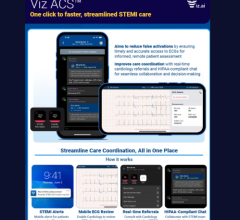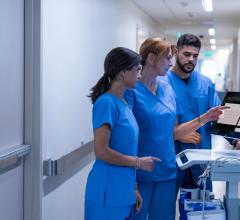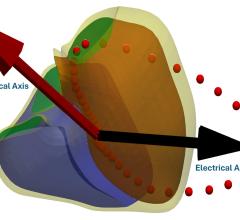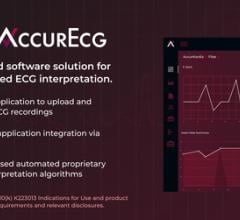
An unusual exhibitor that seemed very out of place on the expo floor of the Heart Rhythm Society 2012 annual meeting was Ford Motor Company. Engineers, standing next to a brand new Ford sport utility vehicle, were there to get feedback from electrophysiologists on the use of car seats that can automatically monitor the driver’s electrocardiogram (ECG) whenever they are driving.
A joint project undertaken by experts from Ford’s European Research and Innovation Centre in Aachen, Germany and Rheinisch-Westfalische Technische Hochschule (RWTH) Aachen University, the seat uses six special embedded sensors to detect electrical impulses generated by the heart.
“Although currently still a research project, the heart rate monitor technology developed by Ford and RWTH Aachen University could prove to be a hugely important breakthrough for Ford drivers, and not just in terms of the ability to monitor the hearts of those known to be at risk,” said Dr. Achim Lindner, Ford European Research and Innovation Centre medical officer.
“As always in medicine, the earlier a condition is detected, the easier it is to treat, and this technology even has the potential to be instrumental in diagnosing conditions drivers were previously unaware they had,” he said.
Data collected by the sensors, for example, could be analyzed by medical experts or onboard computer software. Possibilities therefore abound, notes Lindner, from linking to remote medical services and Ford vehicle safety systems, to even providing real-time health information and alerts of imminent cardiovascular issues such as a heart attack.
The heart rate monitor seat is the latest addition in the Ford research portfolio of possible in-car health and wellness solutions aimed at helping people with chronic illnesses or medical disorders manage their condition while on the go.
The seat sensor technology under development could initially be of most benefit to drivers known to have heart conditions – primarily those in more mature age groups, a globally growing population. According to the U.S. Census Bureau, the number of Americans aged 65 and older is projected to more than double by 2050, reaching some 88.5 million. Predictions in Europe suggest a growing trend as well, with the over-65 population reaching nearly 23 percent by 2025 and 30 percent by 2050.
Working with RWTH Aachen University, Ford developed the six-sensor system positioned on the surface of the seat backrest. The unobtrusive electrodes have been specially designed to be able to detect the electronic signature of the heart through clothing. “The sensors use a very specially designed system and carefully researched materials to be able to give a good signal without contact on the skin,” Lindner said.
“We are still fine-tuning their operation to work with some materials; certain types of synthetic fabric and lamb’s wool can cause electrical interference that upsets the signal, but we can achieve a strong signal through 10 layers of cotton,” he said.
In stationary testing, 90 to 95 percent of subjects proved to be compatible and on-road testing of the Ford heart rate monitoring seat proved it was possible to achieve highly accurate readings for up to 98 percent of the time spent behind the wheel, even at this early stage of development.

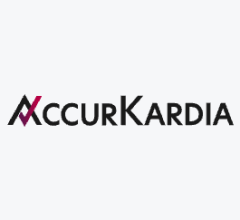
 January 15, 2026
January 15, 2026 


